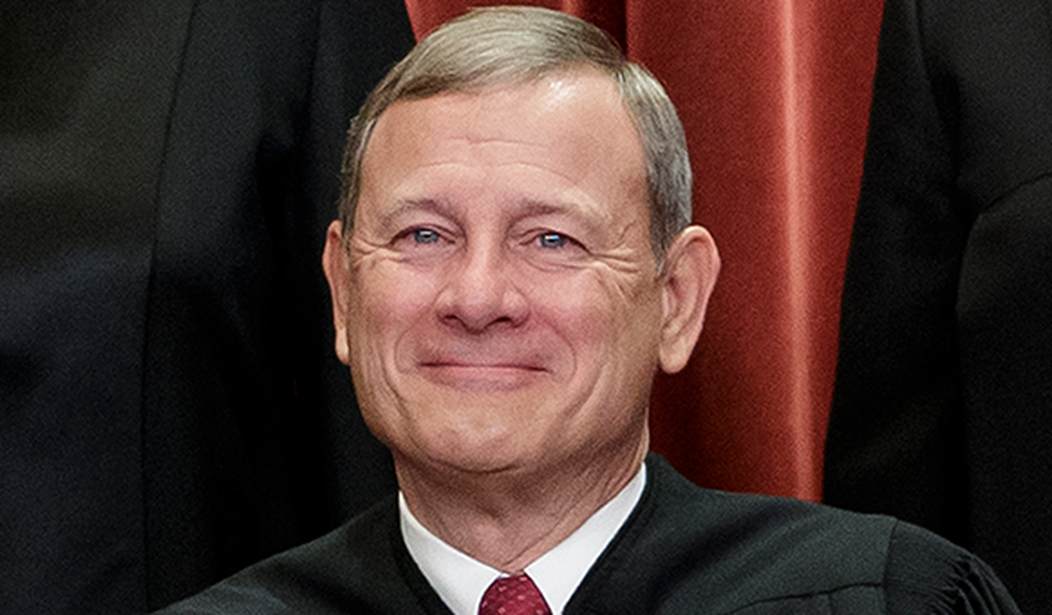Senate Majority Leader Mitch McConnell (R-KY) has the votes to begin a trial without hearing calls from Democrats to allow witnesses to give testimony. This game has gone off long enough. It’s the Left’s four-year project. They wanted to impeach Trump for years. They thought they could get him on Russian collusion. That blew up. Now, we have this weak sauce quid pro quo allegation based on a July phone call where Trump supposedly threatened to withhold military aid from Ukraine unless they opened an investigation into Hunter Biden. Biden was on the board of Burisma, an energy company despite having zero experience in this sector, allegedly selling access to top Obama officials while his dad, Joe, was serving as vice president. Joe Biden was spearheading anti-corruption efforts in Ukraine at the time Hunter landed this sweet gig.
The witnesses Democrats brought before the House Intelligence and Judiciary Committees did nothing to help their case. Trump’s approval ratings increased, swing-state voters further soured on this push, and after all of this—it will meet certain death in the Senate. Trump will remain president. Period. Now, House Speaker Nancy Pelosi is holding onto the impeachment articles because she knows Senate Republicans will make mincemeat of it. There’s talk about a fair trial. It’s not about that. As Kimberley Strassel of The Wall Street Journal noted, it’s about keeping this in the news cycle in order to damage Trump and maybe pressure some moderate Republicans into caving to Democratic demands. They can’t have a trial; it would really expose how shoddy the case is against Trump. At any rate, that gamble failed. McConnell has the votes to start a trial. He should do so and end this. But what about other procedural votes? What if there is a tie? The GOP has the majority, but it’s not big. Will Chief Justice John Roberts weigh in? Does he have the authority? Roll Call did a piece about this. There is precedent, but it dates back prior to the American Civil War. It does exist. He can break a tie, but he may be more inclined to “punt” on these issues. He’s already angered conservatives with his ruling on Obamacare:
The precedent is so old that it involves the senator pictured on the right in this sketch, which you may have seen.https://t.co/XalymeRAOz pic.twitter.com/XiWAa5HlND
— Niels Lesniewski (@nielslesniewski) January 8, 2020
Recommended
Chief Justice John G. Roberts Jr. will preside over any impeachment trial of President Donald Trump as the Constitution requires, but don’t expect him to make decisions that substantively reshape the action.
Although there is speculation about how active a role Roberts will take in an impeachment trial and whether key witnesses testify, the Senate under past rules has given relatively little authority to the nation’s top judicial figure. And in the areas Roberts might have authority to make rulings, such as questions about whether evidence is relevant, the rules also allow the Senate to call for a vote to overrule him anyway.
[…]
House impeachment managers who present the case, along with Democratic senators, are almost certain to raise issues that will put Roberts in a tough spot if he were to rule. For example, Democrats are calling for the Senate to hear testimony from former national security adviser John Bolton and other Trump administration officials, while Republicans are not interested in allowing that.
That highlights the potential pitfalls for Roberts, a George W. Bush appointee whose instincts as chief justice have been to try to keep the Supreme Court from appearing political or stepping into the role of the political branches. A ruling that sided with Democrats would risk eroding Roberts’ reputation among conservatives, and could be overruled by the Republican majority. A ruling that sided with Republicans would invite criticism that it was politically motivated.
[…]
In the impeachment trial of President Andrew Johnson, then-Chief Justice Salmon Chase had to rule on motions and issues about live witnesses and more, Bowman said. Chase would often say something like, “it would appear to me under the standing rule that would be out of order,” but then would automatically turn to senators and invite a contrary view and potential Senate vote, Bowman said.
The most extraordinary power that Roberts may wield during the impeachment trial would be in the event of a tie vote on a procedural question or appeal.
Because the chief justice is the presiding officer for the purposes of presidential impeachments, Chase believed he had the authority to cast tiebreaking votes (as the vice president would during normal Senate business). In at least one case, Chase actually broke a tie on a procedural vote. Sen. Charles Sumner of Massachusetts made a motion that Chase’s tie-breaking vote was “without authority under the Constitution of the United States,” but the motion failed.
The publication also brought up how the late Chief Justice William Rehnquist presided over Bill Clinton’s impeachment trial by doing next to nothing.
“I did nothing in particular, and I did it very well,” he would go on to say. Unless this devolves into a circus, I doubt Roberts would be forced to make a call like the one being hypothesized here—but it’s fun to think about. More and more members of the Senate Democratic caucus are urging Pelosi to transmit the articles. The game is over, Pelosi. The game is over. Trump won.
























Join the conversation as a VIP Member